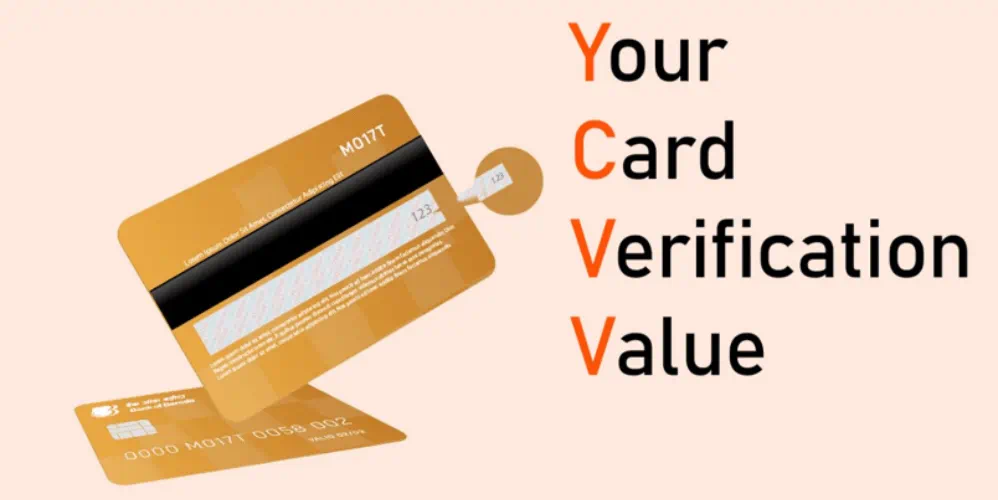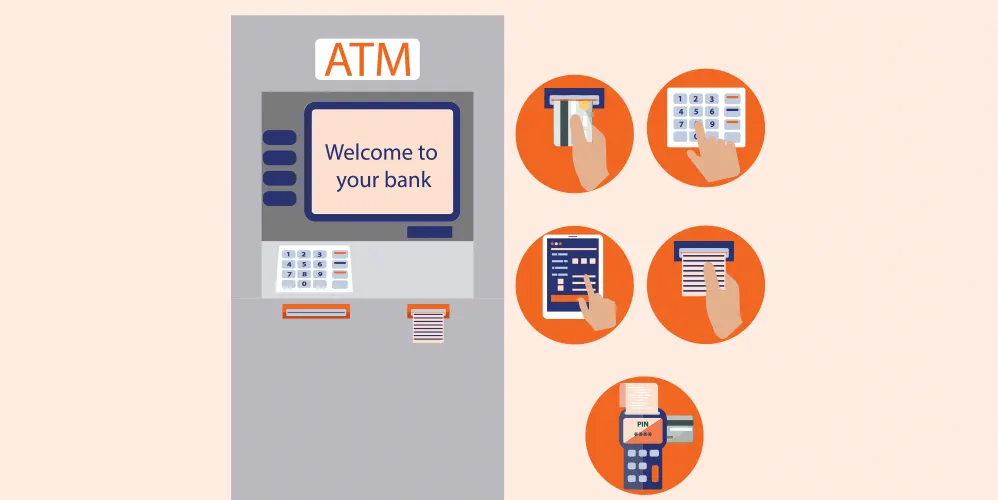
Understanding Trading Accounts: Types, Features, and Benefits
27 Dec 2023

Table of Content
Looking to delve into the world of investments? In the dynamic world of finance, investing in the stock market or other financial instruments is a popular means of building wealth. This is where opening a trading account is of help. To partake in these markets, individuals typically utilize a trading account. A trading account serves as the gateway to the realm of buying and selling securities, offering a platform for investors to participate in the financial markets. Now, let us understand in detail what a trading account is, including its features, types, and benefits.
What is a Trading Account?
A trading account is a specialized account used to execute trades in various financial markets, including stocks, bonds, options, commodities, and more. It acts as a medium between an individual or an entity and the stock exchange or brokerage firm. This account allows investors to buy and sell securities based on their financial goals, whether for long-term investments or short-term trading. In simple terms, a trading account refers to any investment account that contains securities, stocks, and other holdings.
Why do you need a Trading Account?
A trading account is a vital tool for individuals seeking to engage with financial markets. It serves as the gateway to buying and selling various financial instruments like stocks, bonds, commodities, or currencies. By having a trading account , individuals gain access to the dynamic world of investing and trading, enabling them to participate in market movements, seize investment opportunities, and diversify their portfolios.
Features of a Trading Account
Trading Platform Features :
A trading platform provides access to a user-friendly online or mobile platform that allows account holders to place buy and sell orders. It includes tools for analysis, research, charting, and real-time market data.
Market Information :
Trading accounts provide market data in real-time, including stock prices, charts, market news, and more, to ensure that the trader makes informed choices.
Research and Analysis Tools :
Many trading accounts offer access to research tools, technical analysis, and financial news to help investors make informed decisions.
Execution :
Once the trader places the order, the trading account executes it on the trader’s behalf. It matches buy & sell orders, executes the trade at prevailing market price, and confirms transactions.
Margin Trading :
Some trading accounts may allow margin trading, which enables investors to borrow funds from the broker to make trades, using their existing securities as collateral.
Order Types :
Allows different types of orders like market orders, limit orders, stop-loss orders, and more, enabling investors to set specific conditions for buying or selling securities.
Customer Support :
Trading accounts provide access to customer service or support teams that can assist with account-related queries, technical issues, or trading-related questions.
Types of Trading Account
There are various types of trading accounts available to investors and traders, catering to their specific needs and preferences. Here are some of the commonly used trading accounts:
Equity Trading Account:
An equity trading account is a type of brokerage account specifically designed for buying and selling company stocks or equity shares on the stock market. It allows investors to trade in equities and participate in the ownership of companies. However, this account cannot be used to subscribe to an IPO or trade in commodities.
Commodity Trading Account:
A commodity trading account is a specialized brokerage account enabling the buying and selling of commodities such as gold, silver, agricultural products, and oil.
Online and Offline Trading Accounts:
An online trading account allows investors to buy and sell financial instruments electronically through a brokerage's online platform. An offline trading account involves placing trades through a broker via phone, in person, or through other non-electronic means.
Two-in-One and Three-in-One Trading Accounts:
A Two-in-One trading account combines a Demat and a trading account, streamlining stock transactions. A Three-in-One trading account integrates a bank account, Demat account, and a trading account, offering a unified platform for seamless fund transfers and stock trading.
Also Read: Demat Account vs Trading Account: Key Differences
Discount and Full-Service Trading Accounts :
A discount trading account offers low-cost trades with minimal support or research resources. A full-service trading account provides a range of services, including research, advice, and personalized assistance, but typically with higher fees.
All-in-One Accounts :
An All-in-One trading account integrates multiple investment avenues (stocks, mutual funds , commodities) within a single platform, allowing diversified trading and investment options through a unified interface.
What is the eligibility criteria to open a Trading Account?
The eligibility criteria for opening a trading account in India generally include:
Age :
Individuals must be at least 18 years old. Some brokerage firms might allow minors to open accounts with a guardian or parent's consent.
PAN Card :
Possession of a Permanent Account Number (PAN) card is mandatory for opening a trading account as it is used for financial transactions and documentation.
Address Proof :
Providing a valid address proof, such as Aadhaar card, passport, voter ID, driving license, or utility bills, is necessary.
Bank Account :
A linked bank account is required for transferring funds for trading activities. Most brokerage firms ask for a canceled cheque or bank statement as proof.
Income and Net Worth :
Some brokers might ask for income details and net worth to determine trading limits or account types suitable for the investor.
KYC Compliance :
Know Your Customer (KYC) norms are a prerequisite. Submitting the KYC form along with photographs and providing biometric details might be necessary.
What are the documents required for Trading Account?
The basic documents required to open a trading account are:
- Account Opening Form
- Photo ID Proof (Aadhaar Card/PAN Card/Passport/Driving License/Voter’s ID)
- Address proof (Telephone Bill/Electricity Bill/Bank Statement/Passport/Voter’s ID/Registered Lease or Sale Agreement/Driving license)
How to open a Trading Account?
Opening a trading account involves a few basic steps, and the specific process can vary based on the financial institution or the type of trading account you wish to open.
Research and Choose a Brokerage Firm :
There are various brokerage firms available, each with different features, fees, and services. Research to find one that suits your needs. Consider factors like fees, customer service, available markets, ease of use, and security.
Gather Required Documents :
Typically, you'll need identification documents (such as a passport or driver's license), proof of address (like a utility bill or bank statement), and sometimes financial information to meet requirements.
Visit the Broker's Website or Contact Them :
You can usually apply for a trading account online via the brokerage firm's website. Look for a "Sign Up" or "Open an Account" option. Alternatively, you might need to visit their physical office if they have one.
Complete the Application Form :
Provide the required personal information and details. This may include your name, address, financial information, employment details, and more.
Agree to Terms and Conditions :
Review the terms and conditions, understand the risks involved, and agree to comply with them.
Submit Required Documents :
This might involve uploading scanned copies of your identification and proof of address to verify your identity.
Fund Your Account :
Once your application is approved, you'll need to deposit funds into your trading account. This can usually be done through bank transfers, credit/ debit cards , or other accepted payment methods.
Choose Your Trading Platform :
After funding your account, you may need to download a trading platform provided by the brokerage or use their online platform to start trading.
Start Trading :
Once everything is set up, you're ready to buy and sell securities. But be sure to understand the platform and market before you start trading to make informed decisions.
A trading account is an essential tool for individuals looking to engage in the financial markets. It offers the platform and resources needed to participate in trading securities, thereby enabling investors to build and manage their investment portfolios. However, it’s crucial for individuals to conduct thorough research and understand the risks involved before opening a trading account to make informed investment decisions.
Popular Articles
Related Articles



What is CVV on a Debit Card? Understanding Its Importance and Security Features


How to Update Your FASTag KYC: Step-by-Step Guide for Online & Offline Methods




The Importance of Pension Funds: Secure Your Future with Steady Retirement Income

-
Disclaimer
The contents of this article/infographic/picture/video are meant solely for information purposes and do not necessarily reflect the views of Bank of Baroda. The contents are generic in nature and for informational purposes only. It is not a substitute for specific advice in your own circumstances. Bank of Baroda and/ or its Affiliates and its subsidiaries make no representation as to the accuracy; completeness or reliability of any information contained herein or otherwise provided and hereby disclaim any liability with regard to the same. The information is subject to updation, completion, revision, verification and amendment and the same may change materially. The information is not intended for distribution or use by any person in any jurisdiction where such distribution or use would be contrary to law or regulation or would subject Bank of Baroda or its affiliates to any licensing or registration requirements. Bank of Baroda shall not be responsible for any direct/indirect loss or liability incurred by the reader for taking any financial decisions based on the contents and information mentioned. Please consult your financial advisor before making any financial decision.
Understanding Repo Rate: Definition, Importance, Current Rates & Impact On Home Loans
In the complex world of finance, the repo rate, short for repurchase rate, emerges as a pivotal player in maintaining economic stability. This powerful tool resides within the arsenal of central banks, allowing them to regulate the financial system's liquidity and influence the broader economic landscape. With the help of this blog, let's embark on a journey to understand the intricacies of the repo rate, delving into its definition, functioning, and its profound impact on various stakeholders.
Analyzing Mutual Fund Performance
Investing in mutual funds is a popular choice for individuals seeking a diversified and professionally managed investment portfolio. Whether you are a seasoned investor or a novice, assessing the performance of your mutual funds is a critical aspect of successful investment management. By analysing the performance of your mutual funds, you can gain valuable insights into the effectiveness of your investment strategy and make informed decisions for your financial future.
